Tag: William Shakespeare
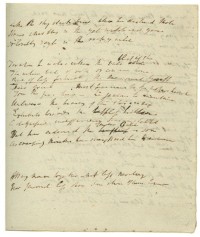
When I was in medical school, a GI surgeon opened a lecture with a statement I’m sure has never been uttered before or since. “I have a confession to make,” he said with a weird grin. “I love infected pancreatic necrosis.” This surgeon, who so enjoyed the debridement of dead pancreas, had an infamous temper … Read More
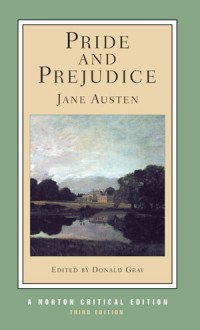
English comedienne Katy Brand is by no means alone in her view that Mr. Darcy of Pride and Prejudice “is still the ultimate English sex symbol.” Last year, in the wake of Fifty Shades of Grey, an erotic fiction publisher in fact looked to profit from the latent sexual energy in Jane Austen’s novels by … Read More
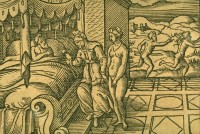
Ovid was “revered among Elizabethan pedagogues” according to R.W. Maslen (Shakespeare’s Ovid, p. 17). It sounds like a terrible fate, to be revered by a pedagogue, let alone a bunch of Elizabethan ones. I don’t know for certain what happens if one reveres you, but if one kisses you, I think you get warts. Or … Read More
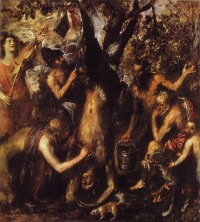
The middle of summer — July — if you walk west on Montague Street toward the harbor at around 6:30 in the evening, carrying your bag of black plums, the water is a gigantic cauldron of fire that sets upon every head a backlighting halo. It’s like something out of On Golden Pond except that … Read More
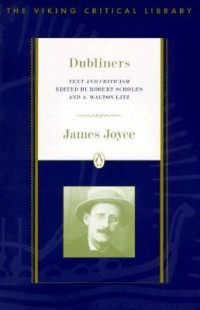
Dubliners was James Joyce’s first book, and it’s his most accessible, and possibly his most influential. The critic A. Walton Litz called Dubliners “a turning point in the development of English fiction.” Marc Wollaeger, editor of the Oxford Casebook on A Portrait of the Artist as a Young Man, writes that “Dubliners … virtually invented … Read More
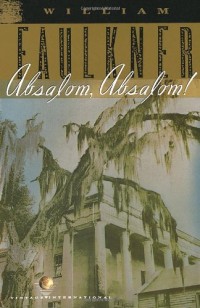
Biographer David Minter relays a fitting anecdote about Faulkner in Oxford, Mississippi, when Faulkner was less than ten years old. Young William and his grandmother, who he called “Damuddy,” liked to build “miniature villages in the family’s front yard,” Minter writes, “using sticks, grass, stones, and glass.” As an adult, Faulkner carried on building imaginary … Read More
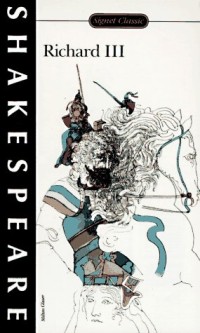
Richard III was Shakespeare’s first great play, and it casts its touchstones across his oeuvre all the way into the forms of his last great play, The Tempest. Seas, storms, and a misbegotten devil are the ensigns that bookend the greatest literary oeuvre of all time like components of a recurring dream.
Now is the winter … Read More
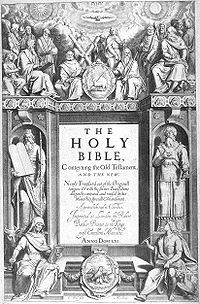
2011 marked the 400th anniversary of the publication of the King James Bible, and it remains the finest English translation there is. “No other book has given more to the English-speaking world,” writes Adam Nicolson in the December 2011 issue of National Geographic. Robert Alter’s latest book, Pen of Iron: American Prose and the King … Read More
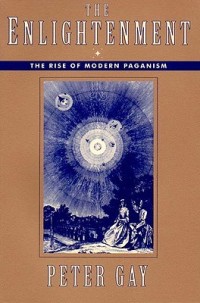
For more than a month now, I’ve been steeped in Peter Gay’s sane and sage history of the sanest and sagest intellects from Roman antiquity to the 18th-century. Gay’s command of his subject is broad and deep. He owns a subtle, temperate, and vivacious mind. This book is a treasure chest of historical data, … Read More
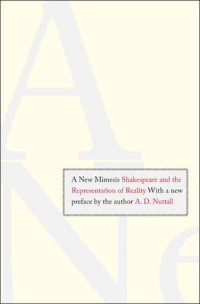
A.D. Nuttall is a god damn genius. As of May 6, 2011, I am his only Goodreads “fan” (as well as the only “fan” of supreme literary critic Robert Alter) and that’s a testament both to the meaninglessness of literary fandom and to the intellectually backwards times we live in. But at least this Nuttall … Read More
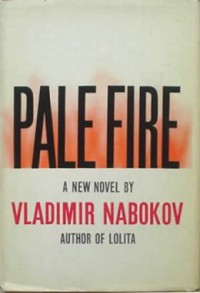
I recently returned to Pale Fire after leaving it unfinished over ten years ago. I returned not least because the sage Robert Alter commended it and quoted from it this brilliant passage on mirrors:
He awoke to find her standing with a comb in her hand before his–or rather, his grandfather’s–cheval glass, a triptych of bottomless … Read More
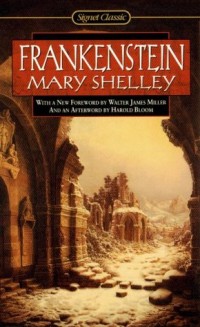
This question hovers over the novel’s outrageous plot: why would Victor Frankenstein abandon his creation? It doesn’t really make much sense unless you appeal to the open secrets of Mary Shelley’s biography. Her mother died of puerperal sickness (i.e., after childbirth), abandoning her daughter Mary to a lifetime without her. The monster’s undiminished rage at … Read More
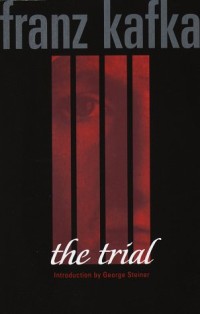
On September 22, 1912, Franz Kafka stayed up all night writing a highly autobiographical, somewhat fantastical, short story called “The Judgment.” Twelve years later he was dead. He had published little, but what he’d written in that decade—including “In the Penal Colony,” “The Metamorphosis,” and The Trial—was a thunderbolt staked in the heart of literature … Read More
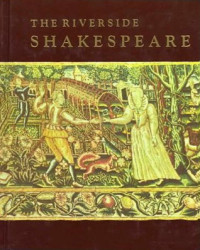
If stranded on a desert isle, is there really any question which one book you should have with you? All I can say is that if it were me, I would want that book to be Survival Guide for the Mariner. However, Shakespeare’s complete works, collected all into one volume is about as magnificent as … Read More
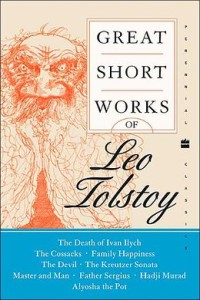
The great short works of Tolstoy are in fact great, but they are not, unsurprisingly, short. My edition of almost 700 pages approximates a cube (it will stand up by itself on any of its six faces), and it’s colored a dyspeptic puce as if to warn you in advance of the excess of it, … Read More
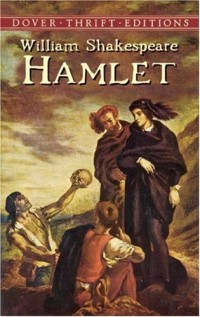
“Hamlet is the finest of all the plays in the English revenge tradition,” says Roma Gill, editor of the Oxford School Shakespeare edition of Hamlet. Some would call that an understatement, since Hamlet is frequently invoked as the greatest play in any tradition. (Flaubert said, “The three finest things God ever made are the sea, … Read More
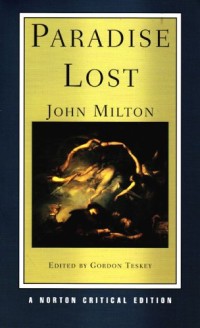
Harold Bloom on Paradise Lost:
“What makes Paradise Lost unique is its startling blend of Shakespearean tragedy, Virgilian epic, and Biblical prophecy. The terrible pathos of Macbeth joins itself to the Aeneid‘s sense of nightmare and to the Hebrew Bible’s assertion of authority. That combination should have sunk any literary work nine fathoms deep, but John … Read More
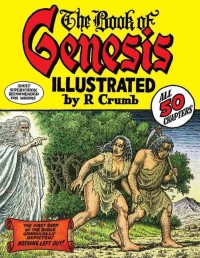
Harold Bloom says that Freud learned all his psychology from Shakespeare. Would it be radical to suggest that Shakespeare learned half of his psychology from the Romans and the other half from the Hebrew Bible?
Robert Alter says of the Bible’s authors, “[T]he Hebrew writers manifestly took delight in the artful limning of … lifelike characters … Read More

A certain movie star will soon finish his run as Hamlet at Broadway’s Broadhurst Theater. Polonius and Laertes will again be safe from nightly perforation at the end of this actor’s sword, and Shakespeare’s play will also be safely out of his reach. It isn’t the first time that an accomplished movie star has entered … Read More
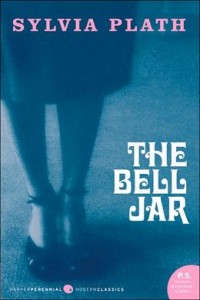
Sylvia Plath’s autobiographical portrait of Esther Greenwood, the 19 yr old protagonist of The Bell Jar (Plath’s only published novel), must be one of the most intimate and realistic accounts of depression in all literature. Esther’s a worthy heir to Hamlet in that respect. And like Hamlet, she’s also acerbically funny, self-deprecating (to the point … Read More